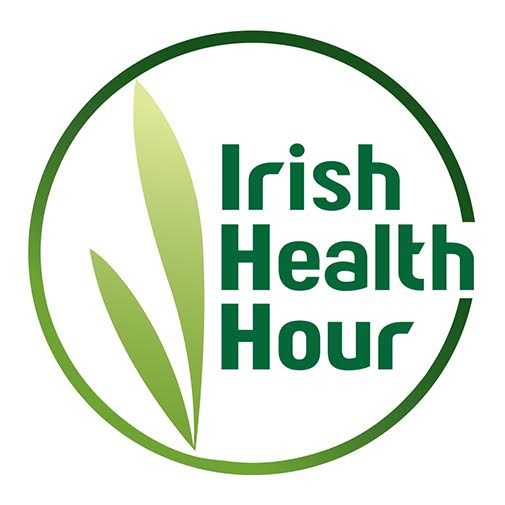How Hay Fever Sufferers Can Get a Good Night’s Sleep
Guest blog post from Max Wiseberg
Lack of sleep is a problem for many hay fever sufferers, often causing tiredness and irritability. A build up of pollen in the bedroom during the day can cause hay fever symptoms at night. Keeping your bedroom free from pollen and implementing a regular nightly routine can help you get a good night’s sleep. Airborne allergens expert Max Wiseberg gives his top tips…
A poor night’s sleep can cause tiredness, irritability, short temper and lack of focus the following day which feels doubly worse when you have hay fever. Difficulty concentrating and making decisions and falling asleep during the day can occur after a number of bad nights’ sleep; risk of injury and accidents at home, work and on the road also increase. [1]
Chronic hay fever sufferer and airborne allergens expert Max Wiseberg has some advice to help reduce the chances of hay fever affecting your sleep. “Reducing the amount of pollen getting into your body at night can help lessen or even prevent the symptoms of hay fever. Everyone can tolerate a certain amount of pollen without reaction. But once this amount is exceeded – called the trigger level – hay fever symptoms will start to occur. So if you stay below this level at night, you won’t get the symptoms and your sleep won’t be affected.
Have a nightly routine before bed. Shower or have a warm bath at night before sleeping to remove pollen particles and pet hair from your hair and body. Clear the nasal passages; either sniff up water and blow it out again through the nostrils, or use a saline nasal spray, to clear pollen from the nose. Then apply an allergen barrier balm, such as HayMax, to the nostrils and around the bones of the eyes. HayMax has been proven trap more than a third of pollen, as well as dust and pet allergens, before they enter the body. [2]
Vacuum the house regularly, especially beds, fabrics, such as bed covers and curtains, and mattresses, to remove pollen, dust and pet allergen particles. Try bedding which is allergen-proof. Damp dust regularly to help reduce the amount of pollen on surfaces and help avoid allergens being dispersed into the air. Wash bedding very regularly to remove allergens and dry them indoors rather than on a clothes line to prevent pollen particles being blown onto them by the wind.
Keep windows closed and, if it’s practical for you, you could use an air purifier or conditioner (preferably with a HEPA (High Efficiency Particle Arresting) filter) to capture the pollen and dust particles, cool and circulate the air.
Avoid using tablets, mobile phones and computers an hour before sleep and don’t have a TV in the bedroom. Don’t drink coffee, cola or dark chocolate in the afternoon as the caffeine it contains can keep you awake. And try doing daily exercise (at least 20 minutes a day) so that you feel physically tired as this will also help you to sleep better.”
HayMax organic drug-free allergen barrier balms retail at £6.99 per pot and are available from Holland & Barrett; selected Morrisons, Waitrose and Boots; independent chemists, pharmacists and health stores; on 01525 406600 and from haymax.biz.
Max Wiseberg is an expert in airborne allergies (including hay fever and dust, pet and mould allergies) and is a hay fever sufferer himself. He regularly writes in the press, for publications including Daily Mirror, Daily Express, The Sun, Sunday Mirror, Running Fitness, Health Food Business, The Practicing Midwife, Pharmacy magazines and Your Healthy Living and has appeared on BBC radio, many local radio stations, as well as The Chrissy B Show, Fitness TV and the Holiday & Cruise channel.
References
[1] NHS Choices
[2] Chief Investigator: Professor Roy Kennedy, Principal Investigator: Louise Robertson, Researcher: Dr Mary Lewis, National Pollen and Aerobiology Research Unit, 1st February 2012.

